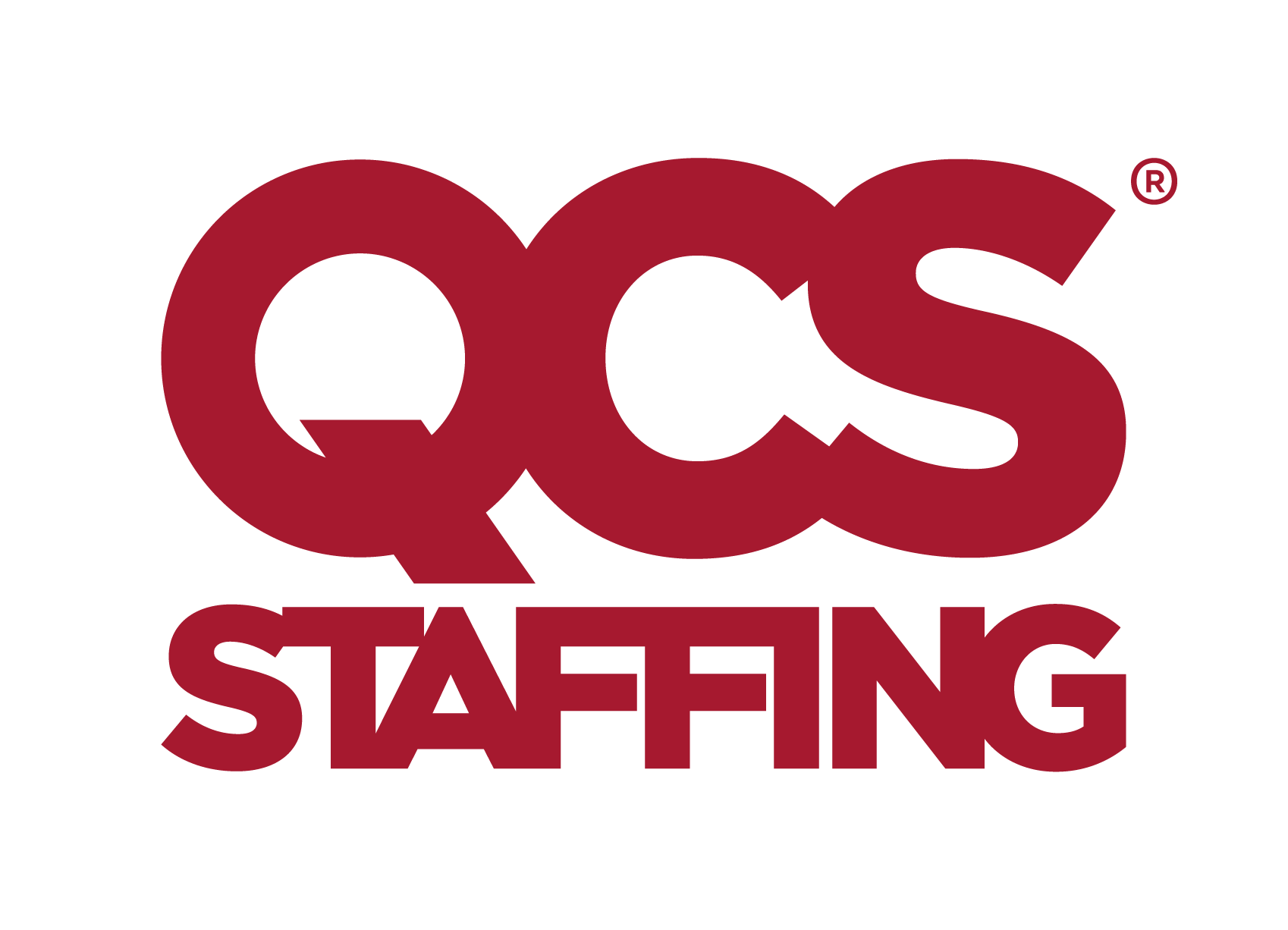Is the contractor market really on the decline?
While contracting and freelance work is no new trend, its dominance in particular sectors has flourished in recent years, with many in the life sciences and renewable energies sectors opting to take up this way of working to maximise their earning potential and experience a wide range of projects. However, a Bureau of Labor Statistics report suggested in 2017 there were fewer people in ‘alternative work arrangements’ than in 2005. Could the contractor market be declining, or is this merely a case of sensationalist headlines causing a stir?
New regulations
In April 2017, new rules were introduced around off-payroll working in the public sector. IR35 regulations mean that if a contractor doesn’t fall under HMRC’s definition of ‘self-employment’, they’re liable to similar taxes as full time employees.
The reasons for pushing through these changes make sense from a legislative point of view, however many contractors and companies believe the implementation of the rules could have been smoother. There’s considerable ambiguity surrounding employment status guidelines, leaving many seasoned contractors not knowing where they stand. As a result, six months after the regulation there was a shift in the contractor base of several industries, including marketing and finance.
However, just because it’s a more complicated market, it doesn’t make it an unhealthy one. For the contractors who are willing to play by the rules, working to 'IR35 friendly' contracts or with a compliant umbrella company, there’s still a wealth of opportunity out there – and potentially more roles, as other would-be contractors turn away from seemingly-complicated regulations.
How does the political climate change things?
There’s another seismic shift happening early next year - Brexit means things are going to change dramatically in the near future, whether you're in the UK or not.
Historically, markets hate uncertainty, and the same can be said for companies hiring permanent employees. That means the longer negotiations drag on, the more roles there should theoretically be for contractors. And while some businesses may be in limbo as to whether to push ahead with projects in their pipeline, many do not have the luxury of waiting for the dust to settle. As with Y2K, this could mean a Brexit-bonanza for IT contractors helping financial institutions (and any commercial entity that imports or exports) cope with different regulatory regimes.
Earlier this year the Chartered Institute of Procurement & Supply reported that one in seven EU companies with UK suppliers have moved some of their business out of Britain. This presents more opportunities for contractors looking to take up lucrative offshore contracts, with our international mobilisation service helping to make the transition easier.
Is now a good time to become a contractor?
While there have always been jobbing actors and writers, it’s now easier than ever for engineers, project managers and developers to join the contracting world. This is one of the triggers for upcoming tax reforms, which should work out in favour of contracting as a profession.
Contractors are proven to be happier than your average full time employee - that could simply be put down to earning more, but they're often given more creative freedom in how they operate, and the opportunity to be masters of their own destiny. Contracting is best suited to multi-touch, cross-functional projects, and companies are well aware that to get things done in times of uncertainty, this positivity is a welcome thing to have around.
Rather than being in decline or boom, contracting as a profession is in a state of fluctuation - as it always has been, and as it always will be. There is an abundance of opportunity for contractors at home and abroad, across a variety of sectors and subsectors. Make it work for you – find your next job here, or speak to us about your career progression. You can find our plethora of life sciences, renewable energy and ICT vacancies here.





.png?v=555b7067bd9c0aebf1a20236314b900e)
.png?v=6a62520a89101495e979dda069317018)